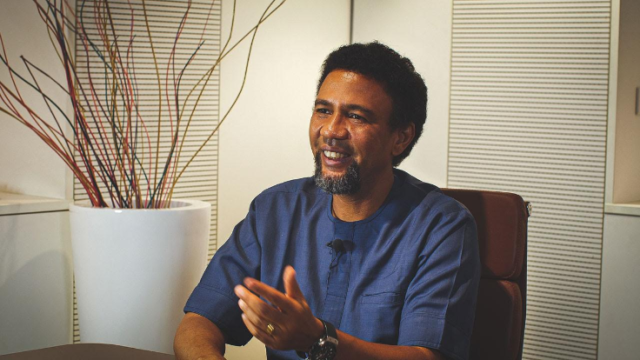MTN Nigeria, the country’s largest telecom operator, said it will return to its profitability process to sustain operations.
The Chief Executive Officer of MTN, Karl Toriola, who made this known during a facility tour in Lagos, said the sector had been accumulating significant losses, adding that immediate action was necessary to reverse this trend.
Toriola, who has about 78 million subscribers under his watch, and with a corporate social investment of N2.6bn, according to its 2023 Sustainability Report, is now surviving on the profits it accumulated in about two decades.
“We must return the industry to profitability,” he stated, emphasising the necessity for reform.
He further elaborated that the company was currently operating on its reserves, which he described as unsustainable in the long run.
Recall that telecom operators renewed calls for a tariff hike—the first increase in 11 years—to address rising operational costs and improve service quality.
Without such adjustments, they argued, financial viability and service standards would continue to decline.
Toriola revealed that the sector was faced with pressures from rising operational costs, including escalating diesel prices required to power base transceiver stations.
He warned, “There should be no delusion; if the tariff doesn’t go up, we will shut down,” underscoring the urgent need for tariff adjustments to reflect economic realities.
Toriola noted that MTN, once one of Nigeria’s top corporate taxpayers, had seen its tax contributions decline as a result of these financial challenges.
In 2024, MTN Nigeria reported a staggering N519.1bn loss in the first half of the year, primarily due to foreign exchange losses stemming from the naira’s devaluation and high inflation rates.
Speaking further, Toriola also warned that it might suspend Unstructured Supplementary Service Data banking services due to the N250bn debt owed by Nigerian banks.
The mobile network operator is seeking regulatory approval to halt support for USSD services used for banking transactions unless the debt is resolved and tariffs are adjusted to reflect the economic realities.




















